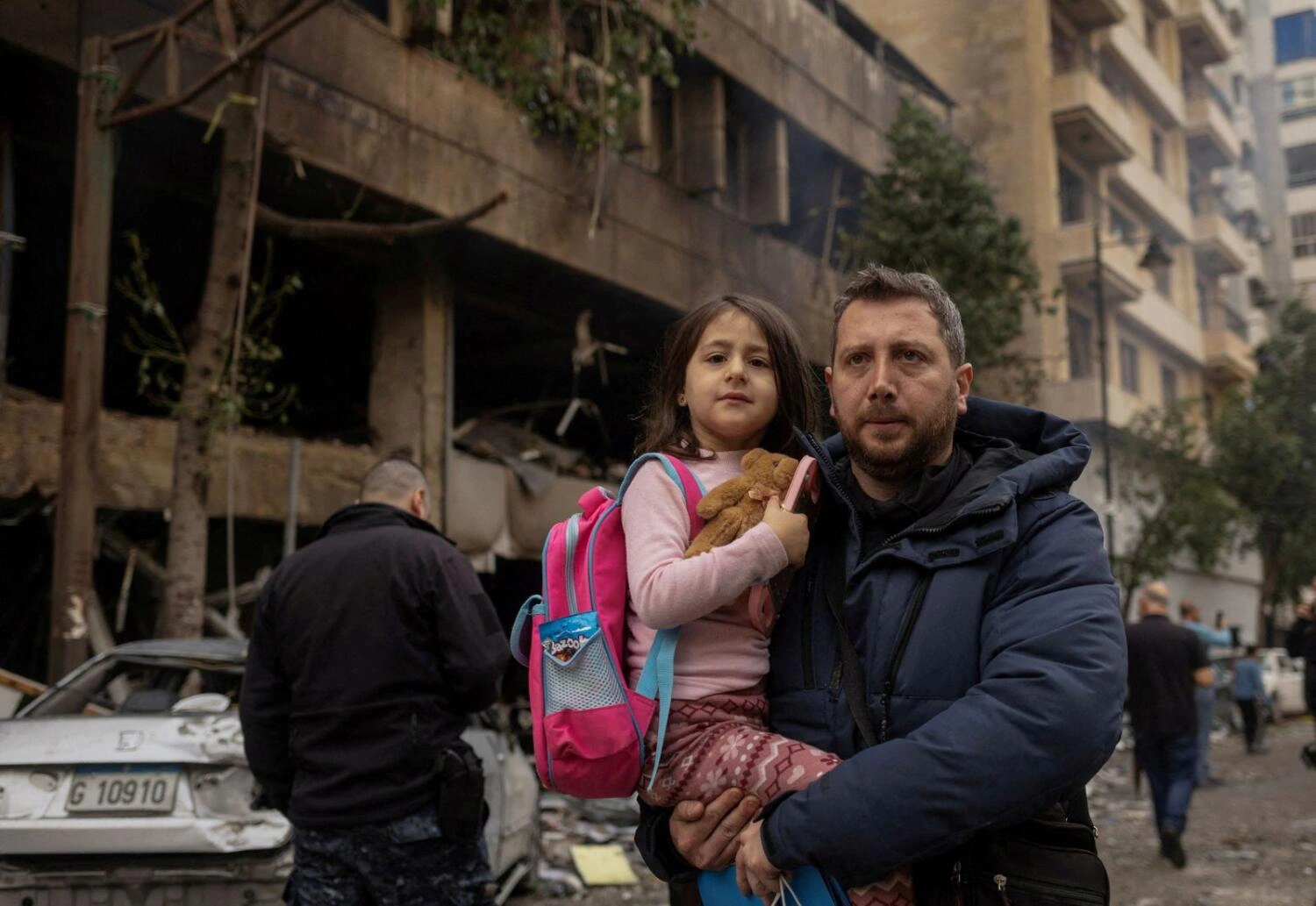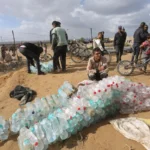Schools in Beirut were closed on Monday after Israeli airstrikes hit the Lebanese capital, killing six people, including Hezbollah’s spokesperson. This was part of a series of attacks targeting senior militant figures during the ongoing war.
Israel intensified its attacks on Hezbollah areas in late September, aiming to secure its northern border with Lebanon. The goal is to allow Israelis displaced by cross-border attacks to return home safely.
Sunday’s airstrikes targeted densely populated areas in central Beirut, which had previously been spared from the violence affecting other parts of Lebanon. The Lebanese health ministry confirmed six deaths, including Mohammed Afif, Hezbollah’s media relations chief. Both Hezbollah and Israel’s military confirmed the casualties.
In response, Lebanon’s education ministry announced a two-day closure of schools and universities in Beirut. Across Lebanon, schools have also become shelters for displaced families as the war continues to affect children and young people.
Israel expanded its operations from Gaza to Lebanon in late September, nearly a year into the Gaza conflict, which began after Hamas’s attack on October 7, 2023. Following the attack, Hezbollah started low-level strikes on Israel, leading to the displacement of 60,000 Israelis.
With Hamas weakened but still active, Israel escalated its offensive against Hezbollah, pledging to continue until victory. Lebanese authorities report over 3,480 deaths since October last year, with most fatalities occurring after September. Israel, meanwhile, reports the loss of 48 soldiers in battles against Hezbollah.
Israeli airstrikes have also killed high-ranking Hezbollah officials, including leader Hassan Nasrallah in September. Mohammed Afif, the group’s spokesperson and a close ally of Nasrallah, was among those killed in the recent strikes.
One airstrike hit a busy shopping area in Beirut, causing a massive fire that destroyed parts of a building and nearby shops. The National News Agency reported that diesel fuel tanks exploded during the blaze, which was mostly extinguished by Monday morning.
On Monday, Israel carried out new strikes in south Lebanon, another Hezbollah stronghold. Over the past 36 hours, Israel said it targeted over 200 sites in Lebanon, including areas in southern Beirut, Hezbollah’s main base. Lebanon’s military reported that an Israeli attack killed two soldiers at a Lebanese army center in the south, though the military is not involved in the conflict.
Meanwhile, projectiles were launched from Lebanon into Israel, with some intercepted by Israel’s defense system. Lebanon recently reviewed a U.S. proposal for a truce, while Hamas expressed willingness for a ceasefire in Gaza. However, no progress has been made toward ending the conflicts.
In Gaza, Israel continued its operations, with Sunday airstrikes killing dozens of civilians. On October 6, Israel launched air and ground attacks in northern Gaza, aiming to prevent Hamas from regrouping near the border. Strikes in Beit Lahia on Sunday killed 34 people, including children, and left many missing.
Rescue efforts have been hampered by ongoing shelling. “The chances of finding more survivors are getting smaller,” said Mahmud Bassal, a spokesperson for Gaza’s civil defense.
The UN has condemned the worsening humanitarian crisis in northern Gaza, calling it catastrophic. Gaza’s health ministry reported over 43,800 deaths in the 13-month-long conflict, with the majority being civilians. The UN considers these figures credible. Hamas’s October 7 attack on Israel resulted in 1,206 deaths, mostly civilians, based on Israeli data.





